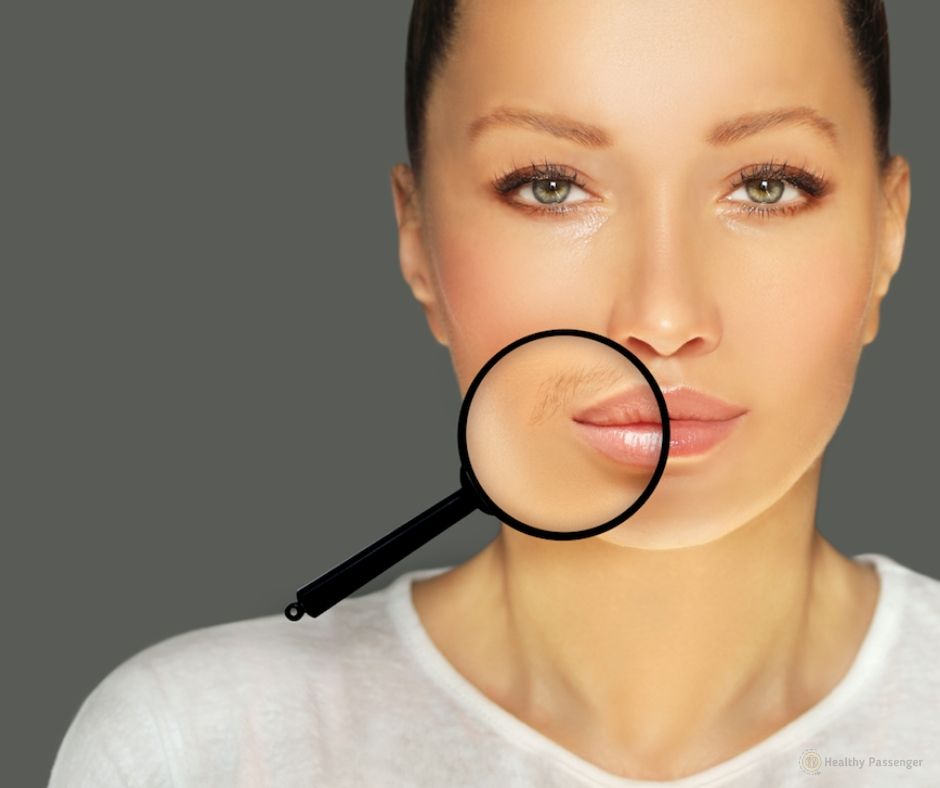Hunger Pangs And Cravings: Dealing Scientifically
We all have experienced cravings and hunger pangs, sitting in an important meeting or a lecture or just with friends. Everything seems fine until your stomach starts growling and suddenly the attention shifts towards you.
No matter how much you try to save yourself from further embarrassment it just won't stop. You just wish that some magic spell could make you disappear while you sit there smiling awkwardly.
Sometimes even without the growling, you just feel like eating a bar of chocolate or a dessert or something deep fried. You know that you are not supposed to eat those things, you have started dieting just yesterday but you just can't help it.
What we almost immediately assume is that we are hungry and we finally eat something sugary or fatty with a lot of guilt.
But are we really hungry?
Understanding Hunger
There two types of hunger or precisely two ways in which you can feel hungry. (1)
Homeostatic Hunger
This is the simplest to understand. Our body needs energy to function and food provides this energy. So, when your body is low on energy you feel hungry. There are two hormones that tell our brain we are hungry- ghrelin and leptin.
Ghrelin is a peptide derived from the stomach which is responsible for making you feel hungry and storing energy. Leptin, on the other hand, suppresses hunger and dissipates excessive energy stored. The level of leptin depends on the amount of your body fat.
So, what actually happens is- when your body is low on energy the level of ghrelin starts rising, this sends a signal to your brain telling it that you are hungry. When you start eating, the level of ghrelin starts falling and that of leptin starts rising to tell your brain that your body is now getting energy. The level of leptin induces a feeling of satiety.
Also Read: How To Help Your Loved One Suffering From Depression
Hedonic Hunger
In simple words, hedonic hunger is eating for pleasure.
However, this is not the only point of difference. Pleasure can be associated with both types of hunger. In hedonic hunger, you are not actually hungry your body doesn't need any calories but you still want to eat.
Let's take an example, you are feeling really hungry and you have your lunch and you think you are full now but then someone keeps a dessert in front of you. You are full but still feel like eating that dessert. You don't need to eat it but you want to eat it. This is hedonic hunger.
What Does Your Stomach Tell You?
So, how do you know you are hungry?
our stomach literally growls for food. The growling noise is called borborygmus derived from the Greek word 'borboryzein' which means 'to rumble'.
Our digestive system consists of a long, hollow, and muscular tube. The muscles contract and relax in a rhythmic motion called peristalsis to move the food through the digestive system. Any food, fluid, or gas that moves through this tube makes a rumbling noise.
When your stomach and intestine is full of food you do not hear the rumbling sound but when your stomach is empty or even after 2-3 hours of eating if there is little food left in the intestines this sound becomes prominent.
The intestine also consists of bacteria, to prevent too much bacteria from getting accumulating at one place the intestine contracts making the growling noise. That is how you know you are hungry.
Ideally, you should be eating(healthy) every 2-3 hours. When you have not eaten for long these rumbling sounds start.
Also Read: Fruit Juices- Not As Healthy As You Thought
Cravings
We all have at some point experienced the urge to eat something specific. Eating chocolates at night or craving for something sugary, or salty even when you are not hungry. Cravings for foods are extremely common, 97% of women and 68% of men have had food cravings at some point in their lives. Have you ever wondered what causes this craving? There are many theories explaining the cause of cravings.
Some say that craving is the body's way of telling that you're lacking some important nutrient in your diet (2). You may also crave a delicious dessert just because it looks, smells and tastes great not because your body lacks a dessert. Yet some cravings do tell what’s missing from our diet. For example, a desire to chew ice is linked to iron deficiency. If you lack sodium you will crave for salty food. But plenty of people who eat high-sodium food still crave potato chips and other high salt junk.
Others say that when you are on a diet you restrict your food and the kind of food you are eating, which causes a craving for those particular types of food.
Although one study done to identify the effect of low-carb and low-fat diet on food craving and food preference shows that the restriction of certain types of foods while dieting decreases cravings and preferences for the foods that are restricted.
Some studies link food craving to mood as well. People often crave high carb meal and eating it elevates their mood.
In a study published in the Journal Psychology & Behaviour, both men and women followed a diet of only nutrition shakes for 5 days. Even though their bodies didn't lack nutrition they craved more than they did before the study. So, a monotonous diet and/or nutritional gap can also be blamed for craving. (3)
You May Be Addicted To The Food You Crave
In a study published in NeuroImage, the MRIs of participants were investigated. First, they were given a nutrition drink and then asked to think about the food they crave the most. Even though the participants were not hungry, imagining the taste, smell and taste of their cravings showed some surprising results. (4, 5)
The MRIs, completed during the cravings, showed that the three parts of the brain involved in food cravings were the same that are involved in drug addiction.
The hippocampus reinforces the reward-seeking behaviour that causes us to crave. The caudate is also a part of this reward mechanism, and it forms habits, including food-related ones. The insula forms an emotional connection between food and cravings. That is why we connect a particular food to a specific emotion and our brain remembers this, rewarding us( making us crave) with that food.
Also Read: Top 12 Benefits Of Cooking Your Meals At Home
What to Do About Hunger Pangs And Cravings
1. Picturise Something else
Craving is something that’s more in your head. The part of the brain used for thinking about the food you crave is the same that is used for other cognitive functions. You must have noticed many times that when you are craving you can't focus on any other work you are doing. Visualising a detailed picture of something else will use the same part of your brain and reduce craving. A study at McGill University showed that activities that use the imagery sections of the brain reduce cravings.
2. Aromatherapy
Light a scented candle. A study from Flinders University in Australia showed that after smelling jasmine, young women reported their craving for chocolate reduced. Smelling a pleasant but not food related odour may reduce cravings.
3. Workout
A British study in the journal Appetite showed that women who walked on a treadmill when a chocolate craving hit reported a reduction in their desire for the sweet. Exercise is thought to reduce the activation of brain regions linked to food cravings, which can result in a lower motivation to eat. (3)
4. Stay away from low or zero calorie foods
Eating low or zero calorie food can confuse your brain. Although you are eating enough the low calorie makes your brain think you have not eaten enough and you start feeling hungry after an hour again.
5. Avoid Processed Food
Processed food is high on salt, sugar, and additives. Remember the lay’s ad “ You can't just have one “, they meant it. These food are addictive and will make you crave for more.
6. Stay hydrated
Water not only quenches thirst it makes your stomach feel full and you tend to eat less. Drinking before a meal will automatically reduce your calorie consumption. (4)
7. Mix and Eat
If you crave a bar of chocolate, eat it with any protein or some other healthy option. This will reduce the amount of chocolate you eat.
8. Eat Egg
Protein is more filling than other macros so go for an egg or maybe some other protein. (5)
9. Eat veggies and fruits
They are rich in fibres which are also filling and plus point they will help you lose weight too. (6)
10. Meditate
Countless studies show that stress leads to overeating. Meditating can help reduce stress and cravings. (7)
11. Sleep
Good sleep is the key to good health. Planning to lose weight, build muscles or reduce cravings, you need to sleep. (8)
Bottomline
I absolutely love desserts and I can literally kill for anything sweet.
But I don't even look at desserts throughout the week because I don't need to eat them, its just my mind telling me to eat something sweet. However, on weekends I make sure that I eat a small portion of whatever suppresses my craving for sweets and I EAT IT GUILT FREE because I know I am working hard the entire week and rewarding myself once a week is not a bad deal.
Frankly, we all crave for something or the other at times and it's okay to give in once in a while as long as we can keep it under control.
Feel free to browse through my other health tips. Follow me on Instagram to get your daily dose of health tips.
Have a suggestion ? Please leave a comment.




